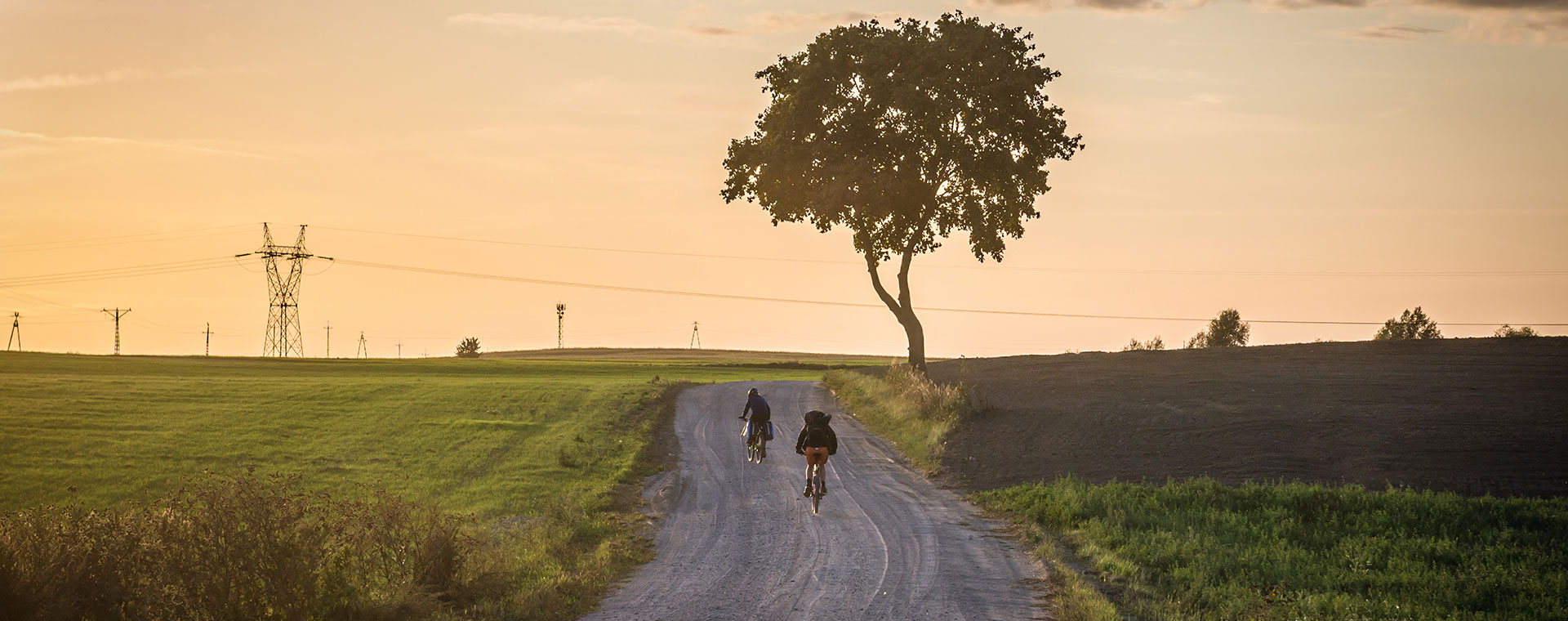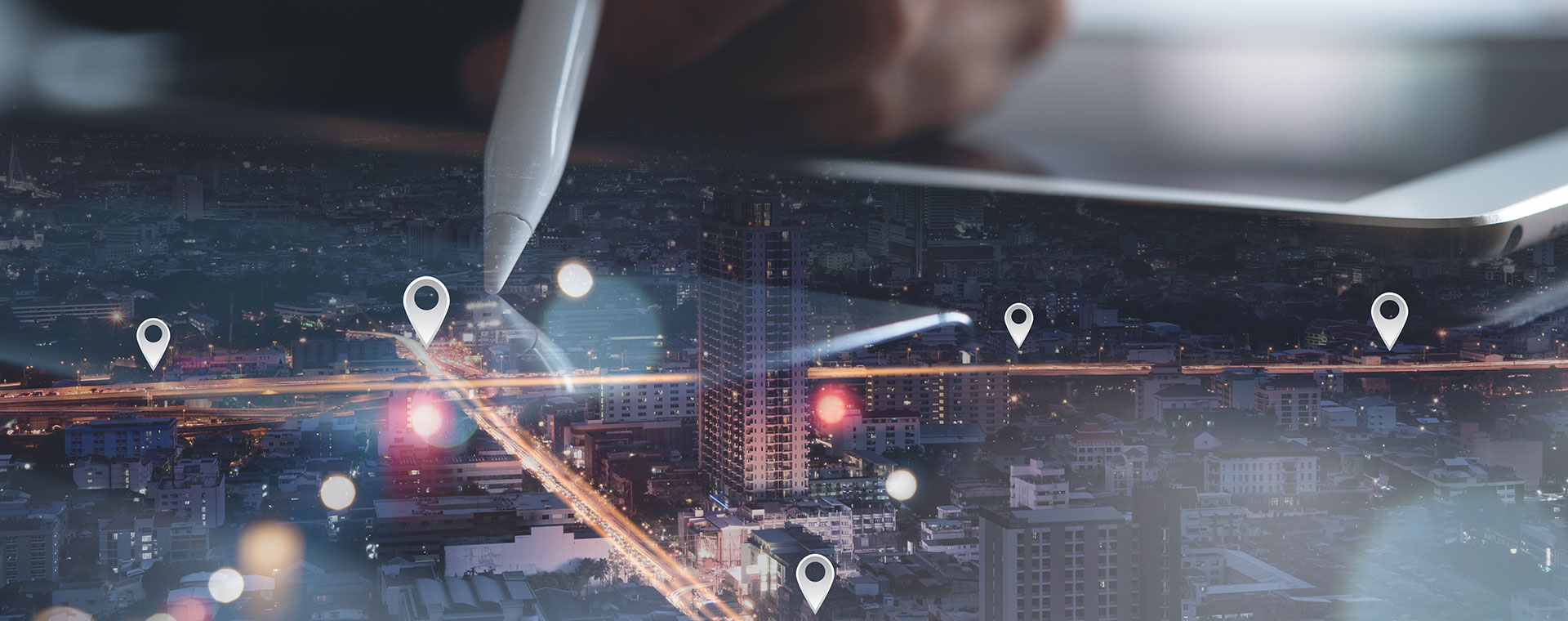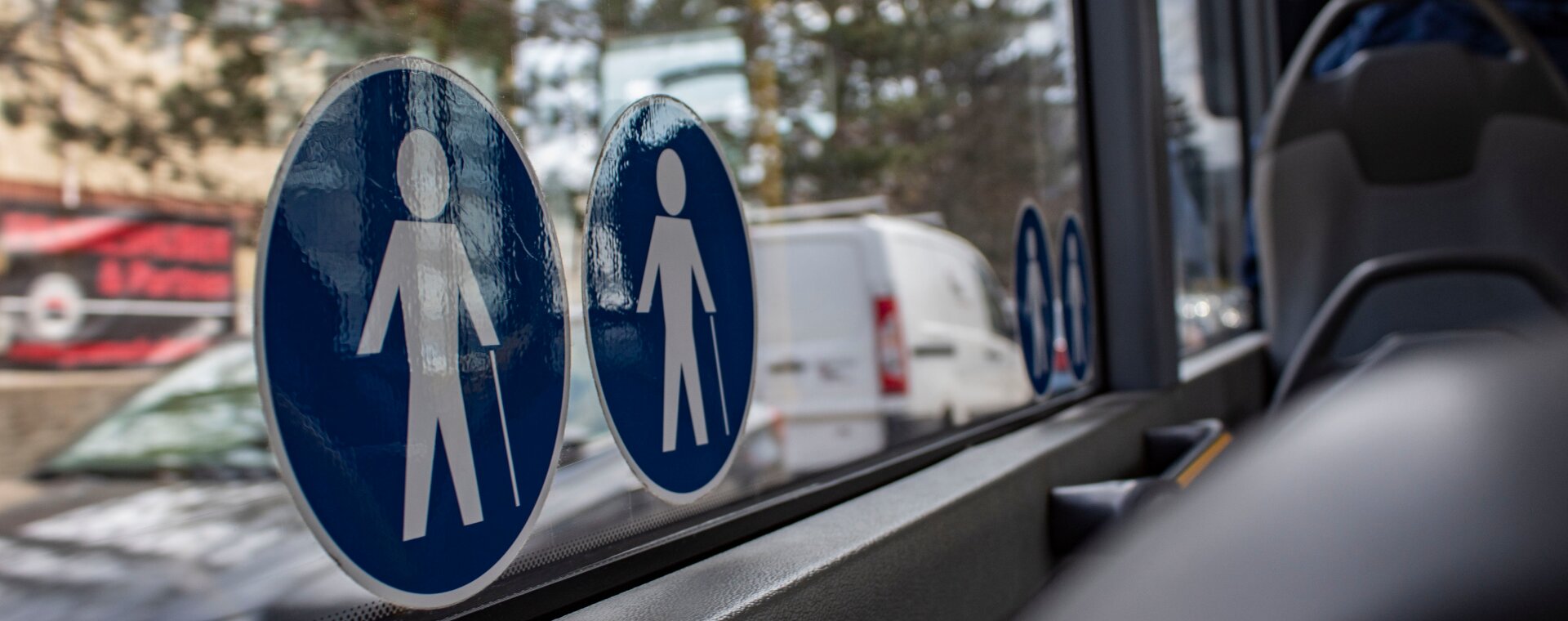Insights
Social Cohesion
How to make the green mobility transition fair and inclusive?

Climate action requires major investment, lifestyle changes and sometimes new behaviors that can place a burden on parts of the population who have little financial leeway to make the changes required by the green transition. The question of whether the climate transition and social inclusion are actually incompatible is being increasingly discussed, especially since Europe-wide protests over measures like carbon tax and emissions reductions.
Path to acceptance
There is a path towards broad acceptance of the changes required by the transition, if they are properly explained, applied fairly and offer protection to the most economically-vulnerable parts of the population. “People need to feel that the transition is fair, that they are part of it and that it’s affordable,” stated Daniel Mes, Member of the Cabinet of the European Commissioner for Climate Action. Colin Scicluna, Head of Cabinet of the European Commission Vice-President for Democracy and Demography, said that while there is “no doubt about the need to green our continent, we also need to think about the costs attached, the implications attached, to make sure that the transition is just for everybody”. Beyond objective financial constraints, there can also be a feeling that European political elites pushing for the transition have a limited understanding of the realities on the ground, suggested Ulrike Guerot, a political scientist and founder of the European Democracy Lab.
An inclusive transition
“It all seems to be about cities, smart cities, and basically the elites of this world who are all vegan now. No more meat, no more cars, just riding bicycles and having a smart time celebrating themselves because they are climate-neutral; but this is not the majority of people.”
Such stereotypes need to be tackled decisively if the mobility transition is to gain wide support, recommended Jillian Van der Gaag, Senior Policy Advisor for the city of Amsterdam. “It’s important to listen and see what people need, especially people who can’t afford to change,” she said.
An honest dialogue will help open a path towards broad acceptance of change, said Philippe Van Parijs, a Belgian philosopher and economist with a strong involvement in local non-governmental initiatives. “Policies become implementable because people understand what’s going on, even if they don’t fully agree,” he said. “But they feel they have been consulted and at least some of their concerns have been taken into account.”
Transport poverty
For Elisabeth Kotthaus, Head of the Unit “Social Aspects, Passenger Rights and Equal Opportunities” at the EU Commission’s Directorate-General Mobility and Transport, a key topic to be tackled is “transport poverty”. “The EU is now focusing on defining the criteria for mobility that is “affordable, available and accessible”, she said.
Pedagogy is required, according to Sebastien Bailleul, Director of Institutional and European Relations and Wimoov, a French association for inclusive mobility. “We work with people who are job seekers, who are on welfare, young people in suburbs, people who don’t have any solutions,” he said. “We start with their realities. When we support people, we talk about ecological issues. By leading them to use public transport and other alternatives to the car, we allow them to make 31% energy savings and make money savings, because moving around by car costs a lot.”
More advantages of the transition need to be highlighted, according to Kotthaus. “What is missing sometimes is the positive communication on the benefits,” she said.
“Acceptability is key. Otherwise, we have demonstrations and protests because people don’t understand the policy.” Barbara Stoll, Director of Clean Cities Campaign, told the Mobility Times: “We need to take care of the most vulnerable and the most exposed in our society, who are often the ones who bear the brunt of the cost of the transition.”
-
 Interview
Design
Interview
Design
How does architecture interact with mobility in our cities?
Madeleine Masse, Founder and President of Atelier Soil
-
 Interview
Decarbonization
Interview
Decarbonization
How will rural areas adapt to the shift towards carbon-neutral mobility?
Caulfield Brian, Professor in transportation and Head of Department at Trinity College Dublin, Expert to the National Transport Authorithy (Ireland)
-
 Edito
Welcoming mobility
Edito
Welcoming mobility
How can we foster a welcoming transport system for a city’s inhabitants?
Blache Chris, Urban anthropologist and co-founder of the "GENDER AND THE CITY" (GENRE ET VILLE) platform for reflection and action
Any approach to safe mobility in the future mus put people first. To create a warm and welcoming atmosphere on public transportation, we need to view our fellow riders as valuable allies, rather than potential enemies. -
 Insights
Data
Insights
Data
Which technology or practice is driving the other?
Nathalie Allegret, Director of National Activities and Development, Equans Cities and Communities Division (multi-technical services)
-
 Insights
Social Cohesion
Insights
Social Cohesion
Why mobility is crucial for social cohesion
Maintaining social cohesion is a major challenge for policy makers who should give mobility acentral role in solutions.

